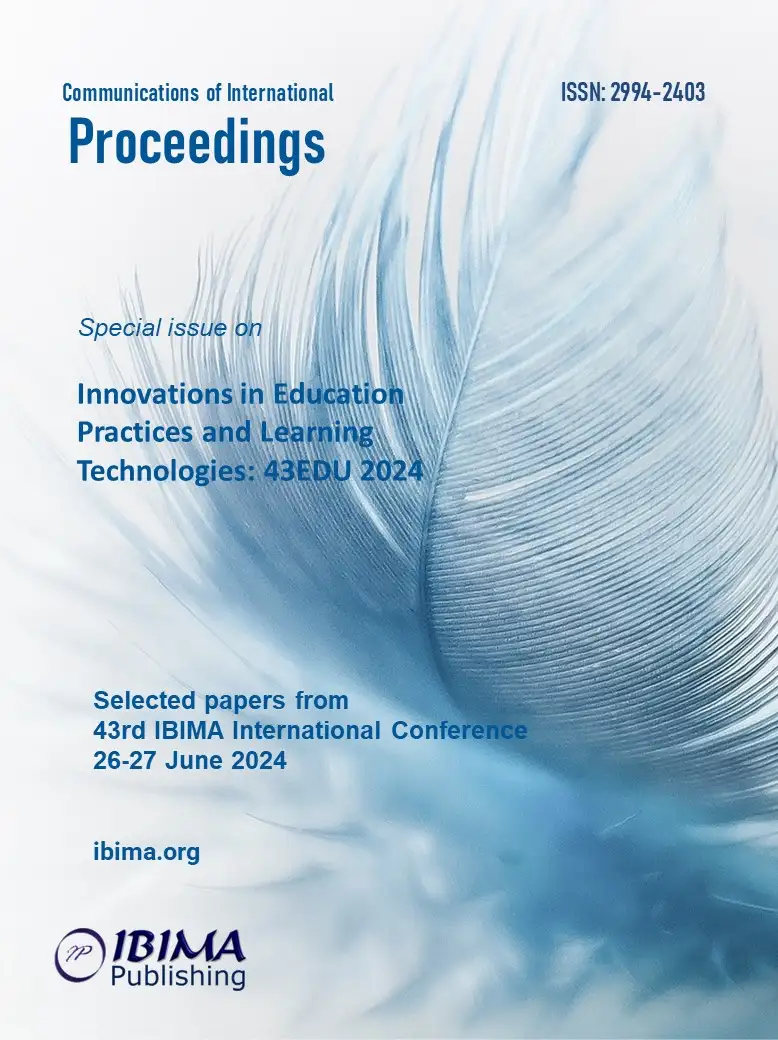
1Lubabalo MBANGATA and 2Abdultaofeek ABAYOMI
1Department of Information Systems, Durban University of Technology, Durban, South Africa
1School of Management, IT and Governance, University of Kwazulu-Natal, Durban, South Africa
2Department of Information and Communication Technology, Mangosuthu University of Technology, Durban, South Africa

The usage of e-Learning offers diverse benefits to students. However, the problematic academic fiasco and dropout are also very familiar in research studies; hence, the main aim of this current study is to scrutinize academics’ perceptions on the influence of Learning Management Systems (LMS) on students’ academic performance amongst this high academic fiasco and dropout rates especially in this e-Learning era despite all its advantages. The aim was achieved by following these objectives; (i) to design a theoretically sound model relating LMS and students’ academic performance; (ii) to empirically evaluate the designed model; and (iii) to offer recommendations on improving the perceptions of academics on the impact of LMSs on students’ academic performance. The content analysis method was utilized to review prevailing literature and to design the proposed model. Consequently, a survey of 78 academic staff from four public universities in South Africa was utilized to empirically test the designed model. The perceptions of academics on the impact of LMSs on academic performance are indirectly affected by the academics’ gender, their type of employment (contract or permanent) and their ethnicity. In contrast, they are directly affected by their e-Learning attitude, computer self-efficacy, pedagogical beliefs, and their use of LMSs. This study concludes that academics’ perceived impact of LMSs on academic performance could improve by augmenting academics’ computer self-efficacy, their pedagogical beliefs, and their attitude towards LMSs.